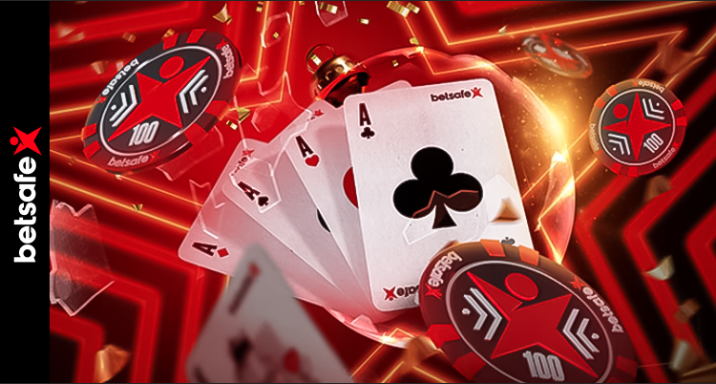

Calling 3bet preflop in Texas Hold'em: why to do it carefully

The learning curve that a novice player
experience includes moves that are sometimes too expensive and are the result
of inexperience. This is the case of the call: in poker you have to be
careful about calling the 3bet preflop, and we are going to tell you why.
It is often done out of pure inertia, and when
you want to realize that a more experienced player with stronger cards
has set you up, it is already too late. Let's put it in perspective to
understand what it means to call 3bet preflop poker.
What is a 3bet preflop?
A 3bet is a three-bet. In preflop, when a
player raises and you raise him, you are actually making a 3bet, because the
raise your opponent makes is on your bet, and you then re-raise him.
In other words, a 3bet is the second raise before the flop, or the first re-raise, depending on how you look at it. In any case, you should know what it means to call a 3bet preflop in poker.
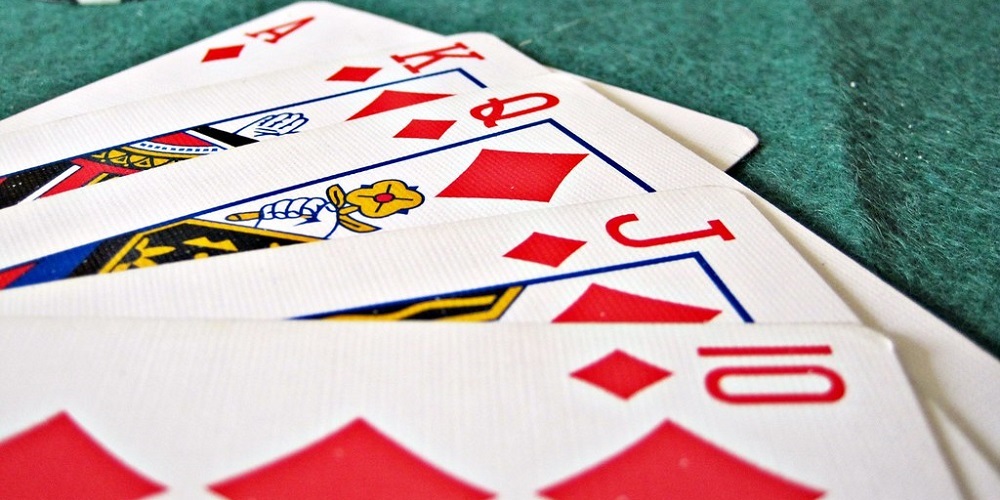
The 3bet is, in Limit Hold'em (where the
term comes from), the bet made after the so-called 2bet, which followed the
open raise, the initial raise.
Making a 3bet instead of just calling the bet
has several advantages: it allows you to win the pot with little or no
opposition, and without ever seeing a flop; it increases the chances of winning
at showdown or equity on the flop; it allows the player to put together a stronger
pot when he has a strong hand; and it allows him to win a big pot on the
flop with a concealed hand.
When deciding on which hands to 3-bet, you need
to consider your position and the size of your stack.
However, calling 3 bets preflop has several
risks. The key is to assume that there will be times when we will have to
pay, but we can cushion ourselves against damage by doing so when it is
cheaper, as long as our hand is not extraordinarily powerful.
To know how risky, it can be to call 3 bet
preflop, we can look at the opponent's position data, among other
indicators, to get an idea.
Sometimes it is better to re-raise than to call
a 3bet preflop. Taking the initiative of the hand is always more
advantageous, as we play with the chance that the opponent will leave the hand,
leaving us a free hand. This is known as fold equity.
You should always pay attention to your
opponent's probability of re-raising and folding. Knowing this can be
the key to knowing whether or not you should call.
Reasons to be careful
about calling a 3bet preflop call
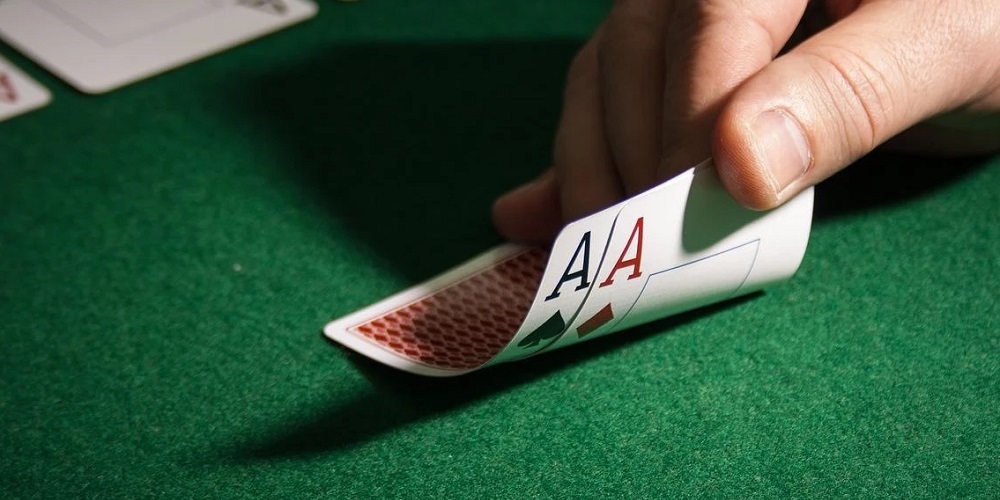
Although a 3bet has several advantages over a
bet in some cases, calling preflop raises is generally not a very good idea.
Even high-level players with high re-raise ranges have shown this to be the
case.
When a player 3bets a lot, even if he bluffs,
you have to think that hands like 77 or 98 have a lot more equity against AK,
KQ or AQ, which are hands that many players decide to call 3bet hoping to
get to the flop and call.
Re-raising in itself is not a bad thing, it can
be done with small or medium pairs and is something that good players
tend to do, but calling with speculative hands on a re-raise is a perfect way
to play if you want to burn chips, because you're going to run out of money if
you do it often.
The best players protect their semi-bluff 3bet
by making a lot of re-raises with powerful hands (AA, AK, KK or QQ). Calling
a re-raise with KQ thinking that we can get ahead can end quite badly and
we can see more than possible winnings disappear in front of us.
The player who makes the 3bet is usually the
one who has the fold equity on his side. For this reason, many players advocate
the idea that, if you think your hand has enough value, you make a 4bet
instead of calling a 3bet, even if that means reducing the range of play
against a re-raise.
However, there are opinions for and against
calling a 3bet preflop in poker, and the type of profile of each player has a
lot of weight when it comes to assessing whether or not it is a good idea to
call a 3bet preflop. There are heated discussions on networks and forums
about this topic, although there is a consensus that this is a potentially
risky play even for experienced players.
You may also like
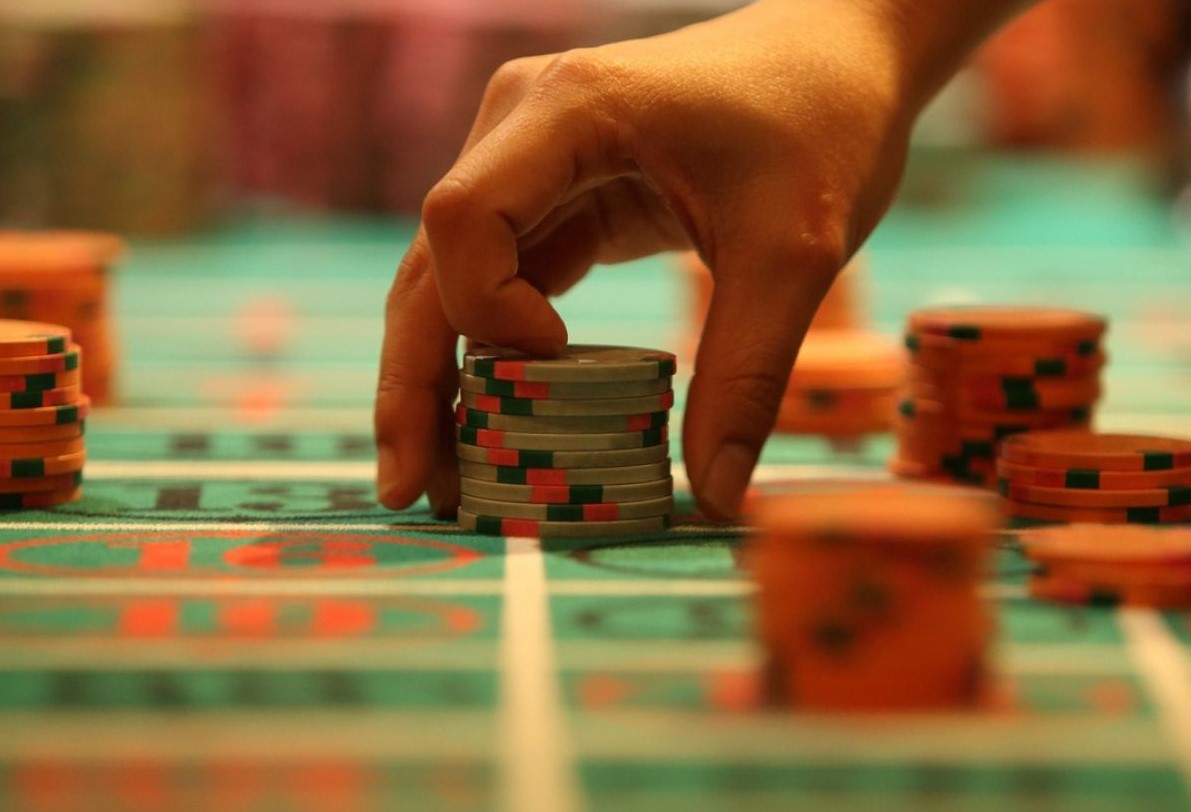
Betting in poker: betting types and examples
Bets in poker are the key to the game. They are the ones that give dynamism and excitement to the game, being able to obtain important sums of money with them. But be careful, you can also lose it!...
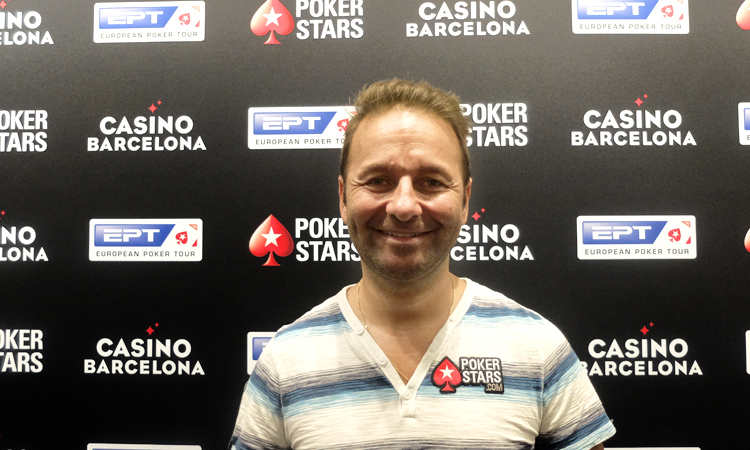
Talking to Daniel Negreanu
Talking to Sir Negreanu This week is the PokerStars European Poker Tour at Barcelona and Casino Barcelona is just loaded with huge personalities and professional poker players. We had the pleasure...
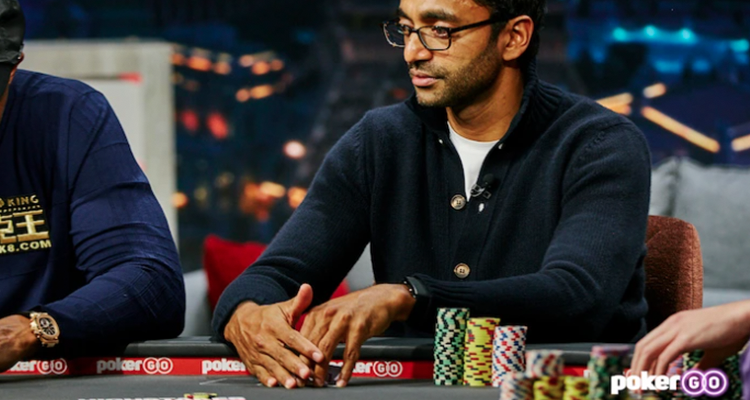
A New High Roller Poker Series in the U.S.? Chamath Palihapitiya Wants to Shake Up the Game
A New High Roller Poker Series in the U.S.? Chamath Palihapitiya Wants to Shake Up the GameChamath Palihapitiya’s Vision for a High Roller Poker SeriesEntrepreneur and investor Chamath Palihapitiya...





